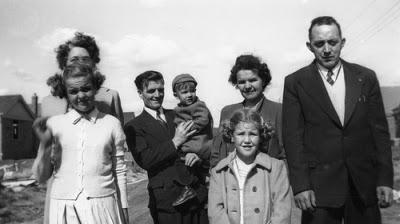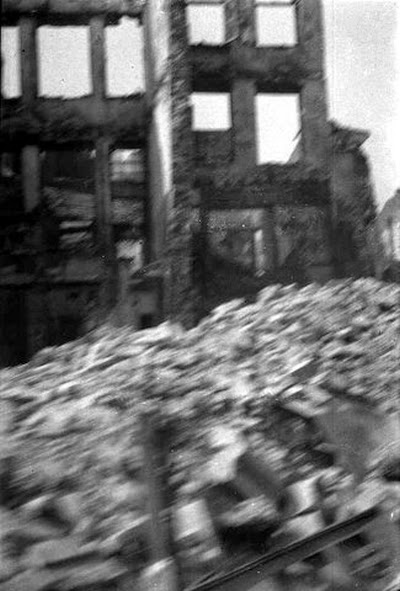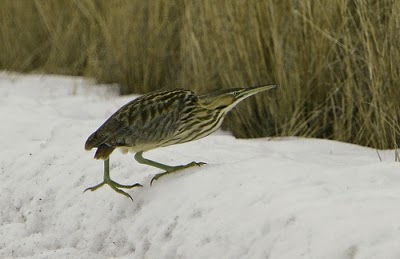Isaiah 20: Dismayed and Ashamed

Isaiah 20: Dismayed and Ashamed What's gone before... Isaiah described a future condition of Egypt, a time of major loss, violence and confusion, ending in a radical transformation of their religious foundation. Egypt, with Assyria, would worship the God of Israel. Now, in Chapter 20... The LORD commands Isaiah to walk naked and barefoot for three years as a shocking sign against Egypt and Ethiopia. Isaiah 20:1-6 (ESV) In the year that the commander in chief, who was sent by Sargon the king of Assyria, came to Ashdod and fought against it and captured it — at that time the LORD spoke by Isaiah the son of Amoz, saying, "Go, and loose the sackcloth from your waist and take off your sandals from your feet," and he did so, walking naked and barefoot. Then the LORD said, "As my servant Isaiah has walked naked and barefoot for three years as a sign and a portent against Egypt and Cush, so shall the king of Assyria lead away the Egyptian captives and the Cushite...












